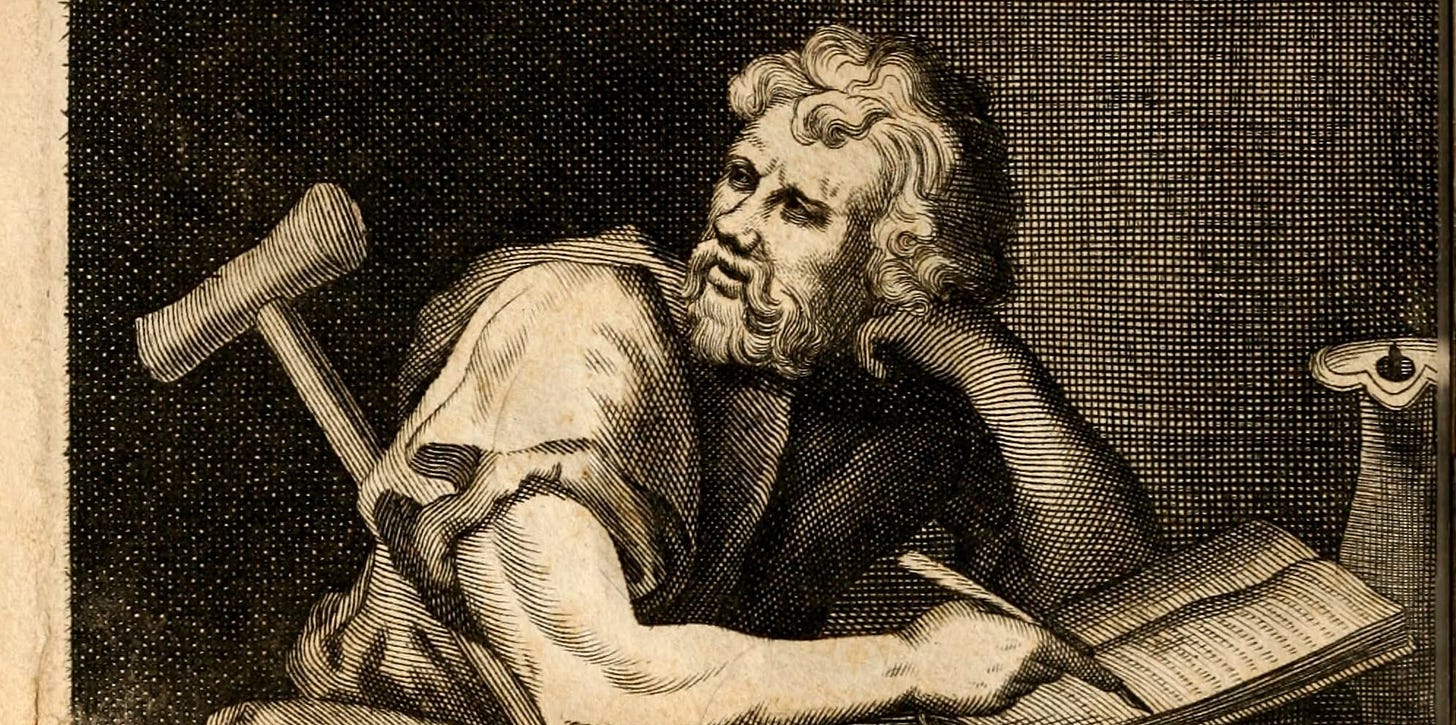Epictetus was one of the three most influential Stoic philosophers of the Roman era. A Greek slave, he taught the need for rationality and virtuous living. His ideas were influential for centuries.
Imperial Rome
The Romans expanded into the Eastern Mediterranean, bringing them into conflict with Persia and Persia. Some people spoke Latin, others spoke Greek. There was an interchange of culture. Cicero loved Greek culture, and translated many of its great works into the Latin language. Plutarch also tried to synchronize the two worlds of Greece and Rome.
Life of slavery
Epictetus was born in Phrygia, in what is now western Turkey. Shortly before his birth, Seneca started tutoring the young Nero. Early in life, Epictetus was sold off in a Roman slave market to one of Nero’s secretaries. In fact, the name Epictetus simply means “gained” or “acquired.” We do not know his real name. Epictetus was exposed to Greek philosophy through a man named Musonius Rufus, a Stoic thinker. Within the Roman Empire, many of the Stoics grew deeply critical of the monarchy. They encouraged civil disobedience, and undermined the Emperor’s authority. The Stoics were thus persecuted by the government. Musonius Rufus was sent into exile. By this time, under unclear circumstances, Epictetus was freed from slavery. Emperor Nero was killed. After the Year of the Four Emperors, Vespasian came to power. He banished all philosophers from Rome, forcing Epictetus to leave.
Greek philosophy
The Roman government had different policies for different philosophical schools. The Stoics were seen as too dry, in contrast to Rome’s civic tradition of emphasizing oratory and rhetoric. The Epicureans were somewhat suspicious for their hedonism, but were generally benign. The Academic Skeptics were annoying to the Romans. Cato and others saw them as subversive and self-contradictory. Generally speaking, the Romans didn’t like any the philosophers, bending the law in order to kick them out. Despite the official censure, Epictetus’ ideas would eventually inspire one of Rome’s greatest emperors: Marcus Aurelius. From slaves to emperors, every person had the power to practice Stoicism.
Stoicism
The Stoics were interested in ethics, cosmology, and human psychology, rhetoric, logic, and epistemology. Epictetus taught many of these subjects to his young male students. Today, we don’t have any of Epictetus’ writings. But the notes of his student Arrian have survived.
Dichotomy of control
Drawing from an earlier Stoic tradition, Epictetus introduced many new ideas. In the Discourses and Handbook, the Greek philosopher emphasized what is called the dichotomy of control. To him, there were some things in our control, and other things outside our control. Epictetus urged us to focus on things we can change. Our clothes, our reputation, even our bodies are not in our control. But we can control our minds, our thoughts, our feelings and desires. For Epictetus, we could still be happy, even when our life’s circumstances are painful and uncomfortable. It depends on how you interpret the situation, and how you deal with your life’s problems.
Cosmopolitanism
Epictetus emphasized that humans are rational beings. This means that they are citizens of the universe. They participate in its natural laws. Practically speaking, we are born into a society. This means we have duties and roles to the other people we live with.
Free will
Other than Aristotle, Epictetus was the only Greek philosopher to argue in favor of free will. He believed that humans were defined by their independence and freedom of choice, rather than external circumstances.
Natural law
For Epictetus, we should live in accordance with nature. This means that we should not get angry when bad things happen. Because everything that happens is necessary and providential. He urged wise people to feel pity toward the ignorance of those who do them harm.
Discipline
Epictetus felt there were three types of discipline. First, there was discipline of desire. This means that people can change what they want. They can change their life goals. Second, there was discipline of choice. This means that people have free will, and must choose how to react to their situation. Third, there was discipline of assent. For Epictetus, the problem for most people is that they focus on their own opinions, rather than changing their own desires and choices. To Epictetus, philosophy was a way of life. It was not just boring books and meaningless abstractions.
Later influence
Epictetus was influential on Christianity. Later Christians tried to portray him as a virtuous pagan or a saintly figure. But the real Epictetus probably didn’t like Christians very much—or “Galileans” as he called them. Christian monks reinterpreted Epictetus’ ideal sage for their own ascetic lifestyle. The Discourses were read and transcribed in the medieval monasteries of Europe. During the Renaissance, there was a renewed interest in his writings. Stoicism was highly popular among humanist scholars in the early modern period. Many times, they tried to reconcile Stoicism with Christianity. Other religious thinkers, such as Blaise Pascal, condemned Stoicism for being too optimistic about human nature. Epictetus largely fell out of favor, until his ideas were revived in the 20th century. Cognitive psychologists such as Albert Ellis promoted the wisdom of Epictetus to treat anxiety and depression. James Stockdale, an American fighter pilot who was tortured in a Vietnamese prison camp, relied on the words of Epictetus to stay calm. Stockdale later ran as Ross Perot’s running mate in the 1992 presidential election.
Learn More






I great article indeed. I am thankful for you efforts and contributions to Substack. Best wishes.
These articles are fantastic!
And I had totally forgotten about Stockdale. He seemed like an extraordinary individual (lightyears beyond Gore or Quayle) who never got a fair shake as a VP candidate because, as SNL alum Dennis Miller pointed out, he made the unpardonable sin of being bad on television. Speaking of SNL, this skit did crack me up back in the day though ngl:
https://vimeo.com/658162658